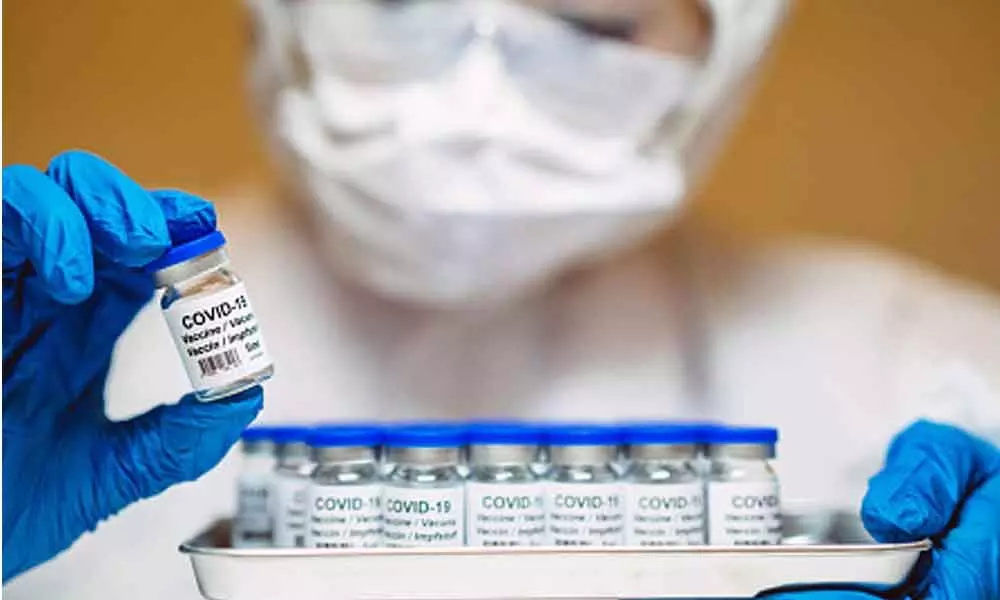Global vaccine crisis is test of capitalism
Governments need to work together to increase production and show that the system can still allocate resources properly
image for illustrative purpose

The 2008 crash tested financial globalization. In 2020, the chaos of the early months of the Covid-19 pandemic led many to question the world's dependence on complex global supply chains.
These last few months, however, as vaccination programmes have taken off in some parts of the world and stalled in others, have raised even deeper doubts about globalisation and the capitalist system. Unless governments act soon, capitalism itself could face a crisis of credibility.
The greatest argument in favour of regulated markets is that they manage production better than any other system. Done properly, regulated market capitalism is supposed to match supply and demand, and provide the right incentives. Productive capacity is built, not wasted.
Buyers and sellers are connected. Innovation thrives and benefits everyone. But, right now, that's not the case. This isn't about inequality, which we always knew capitalism could create. It's about inefficiency, which capitalism is supposed to avoid.
When it comes to desperately needed Covid-19 vaccines, capacity is being wasted and innovation isn't benefiting everyone. Twelve billion vaccine doses could be produced this year, if all current projections are aggregated. But we're nowhere close to that in actuality. And the doses that are available have largely been gobbled up by rich countries.
Can more be produced? In many developing nations, pharmaceutical manufacturing capacity is being under-utilised. One Bangladeshi company says it could churn out 600 to 800 million doses annually if granted the appropriate licenses and know-how.
Even if that's an overestimate, too many such factories stand idle, waiting for a nod from regulators and patent-holders. The 41 members of the Developing Countries Vaccine Manufacturers Network alone produce between three and four billion shots of other vaccines every year.
It isn't surprising, therefore, that multiple countries have demanded intellectual property rights essentially be suspended for the duration of the pandemic for Covid-related drugs and vaccines. That sounds like a tempting - even satisfying - solution.
But, as my colleague David Fickling has pointed out, if getting new vaccines out the door was as simple as ignoring IPR rules, then we would see developing countries doing just that by issuing what are called "compulsory licenses." They haven't.
True, some countries may fear retaliation if they issue such licenses; a broad IPR waiver would get around that problem. But the larger issue is that something as complex as a Covid-19 vaccine cannot be easily reverse-engineered. (Bloomberg)

